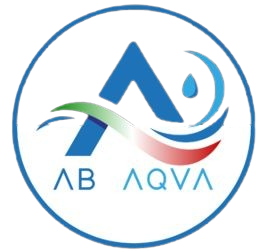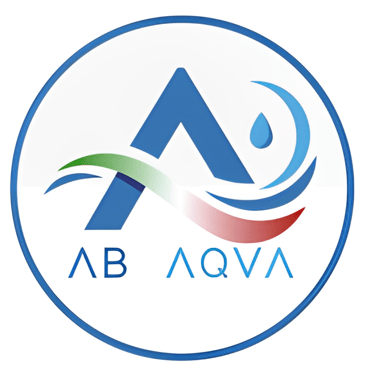National Seminar organized by EXSSA: International cooperation, solution, response or method of action for a new geopolitics
Filippo Verre - 18 maggio 2022
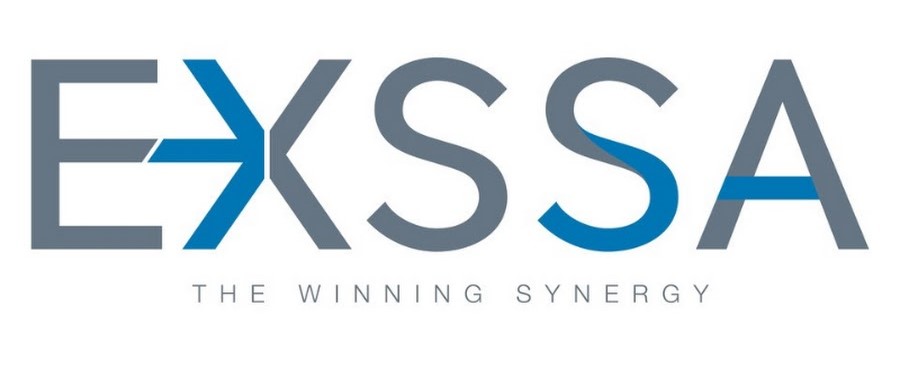

On Monday 18 May 2022, an international conference organized by EXSSA was held, entitled “International cooperation, response or method of action for a new geopolitics”, where important and current issues were discussed. In detail, the interaction between Development Cooperation and the geopolitics of water, a subject increasingly at the center of major international dossiers, was addressed in the event.
Dr. Filippo Verre, president at AB AQUA, presented two reflections on how the so-called “blue gold” is, already today, essential in the dynamics between peoples, States and international organizations. First, as a case study, Dr. Verre brought the example of the current conflict in Ukraine. The latter was favored, among other factors, by hydro-strategic tensions between Kiev and Moscow regarding the water supply for Crimea, de facto Russian territory since 2014. Starting from that year, following the construction of a dam in the Kherson oblast by the Ukrainian authorities in retaliation for Moscow's annexation, Crimea has been the victim of continuous water crises. To have an idea of this critical situation, it is important to consider that in 2013, a year before the tensions that led to the passage of the Crimean peninsula into Russian hands, the hectares intended for agricultural cultivation in Crimea were 130,000. In 2017, once the Ukrainian dam that blocked the passage of water downstream came into operation, only 13,000-14,000 hectares of land were intended for the production of food.
A 2015 study found that the North Crimean Canal, a vital water supply infrastructure for the peninsula, supplied 85 percent of Crimea’s water before it was closed in 2014 following the construction of the dam. Of that water, 72 percent was for agriculture, 10 percent for industry, and 18 percent for drinking water and other public uses. To prevent further water crises, Russian troops destroyed the dam a few hours after the invasion on February 24, 2022, allowing much-needed water to flow downstream. In essence, at least on the southern front, the reasons for the conflict between Russia and Ukraine have become intertwined with issues related to the supply of the precious blue liquid.
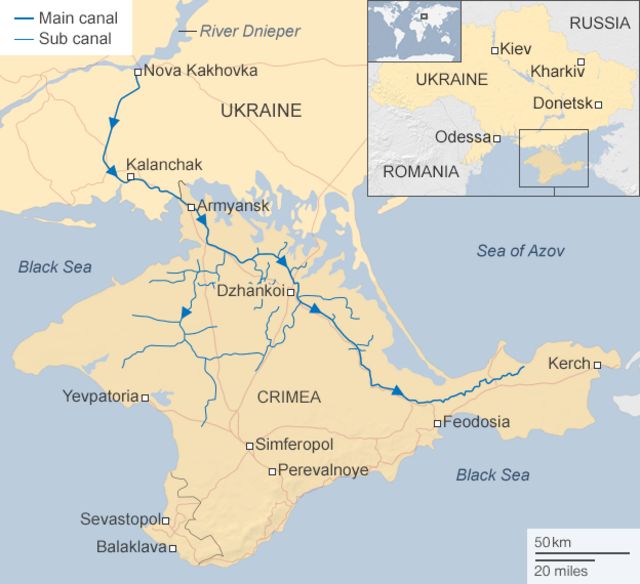

The North Crimean Canal
https://www.bbc.co.uk/news/world-europe-27155885
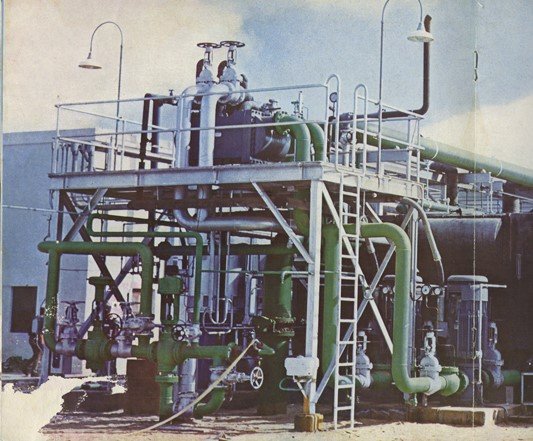

Il primo impianto di desalinizzazione spagnolo, isola di Lanzarote (1964)
https://www.canalgestionlanzarote.es/communication/the-history-of-water-in-lanzarote/
The second reflection made by Dr. Verre focused on the serious water crisis that many southern European nations, including Italy, are facing in these weeks. There are no simple solutions capable of solving in a flash long-standing issues such as drought, lack of rainfall and difficulties in water supply. However, in light of the major economic damage and serious inconveniences that the lack of water is causing, it is essential to start planning future strategies now to combat similar crises. In our opinion, a valid alternative to deal with the dangerous lack of rainfall and the now frequent droughts is desalination. This ancient scientific process that transforms sea water into fresh water is already widely used in various countries. As regards Europe, reference was made to the case of Spain, which since the mid-sixties has produced very high quantities of fresh water on an industrial scale through numerous desalination plants scattered especially in the archipelagos and on the south-eastern coast. According to the most up-to-date data available from AEDyR – Asociación Española de Desalaciòn y Reutilizaciòn – the Iberian country currently produces around 5,000,000 m³/day of desalinated water for supply, irrigation and industrial use. These numbers make Madrid the first country in Europe in terms of the production of water resources from the sea and the fourth in the world.
Italy, which has faced 3 water crises in the last 10 years, should start considering a greater use of desalination plants to deal with worrying cases of drought. Continuing to massively use traditional means of water supply, which are largely focused on the exploitation of aquifers, can constitute a risk. In fact, underground water deposits are not infinite and, especially in the case of a lack of rainfall, they are subject to lowering phenomena. Essentially, if it does not rain, the aquifers are not replenished with the precious liquid that falls from the sky and reaches underground. Therefore, desalination could constitute a valid alternative to not excessively affect our aquifers, suffering after months and months of drought, and to continue to have satisfactory agricultural production. One of the main effects of the lack of water, in fact, is the reduction in the production of foodstuffs, both qualitatively and quantitatively.
AB AQUA participated in the telematic conversation together with leading figures on the national scene:
Maurizio Carrara, Honorary President of the Cesvi Onlus Foundation.
Stefano Glinianski, Magistrate of the Court of Auditors, Secretary General of the Strike Guarantee Commission, Director of the Independent Evaluation Body of the Farnesina, of the Development Cooperation Agency and of the ICE Agency.
Luca Maestripieri, Director of the Italian Agency for Development Cooperation.
Antonella Simone, Moderator of the meeting, financial analyst, head of the credit risk management area of EXSSA.
Filippo Verre, Founder and President of AB AQUA.
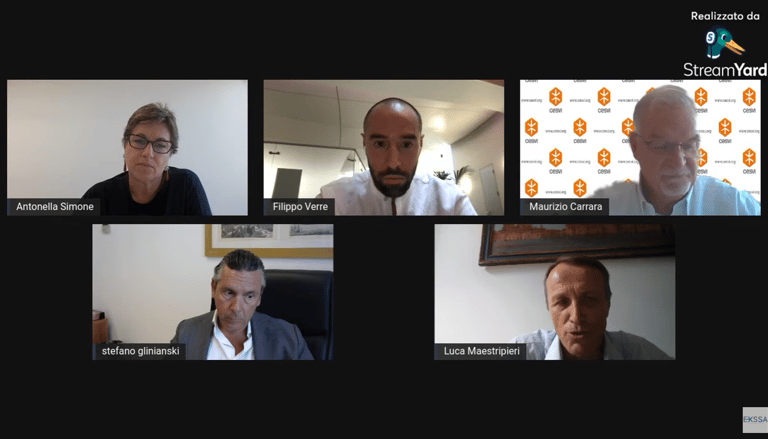

The speakers of the event together with the moderator Antonella Simone
The seminar is available on Spotify and YouTube
Abaqua
Via Cassia, 615
00189 Roma (RM)
© 2024. All rights reserved.
Codice Fiscale: 96584590580
